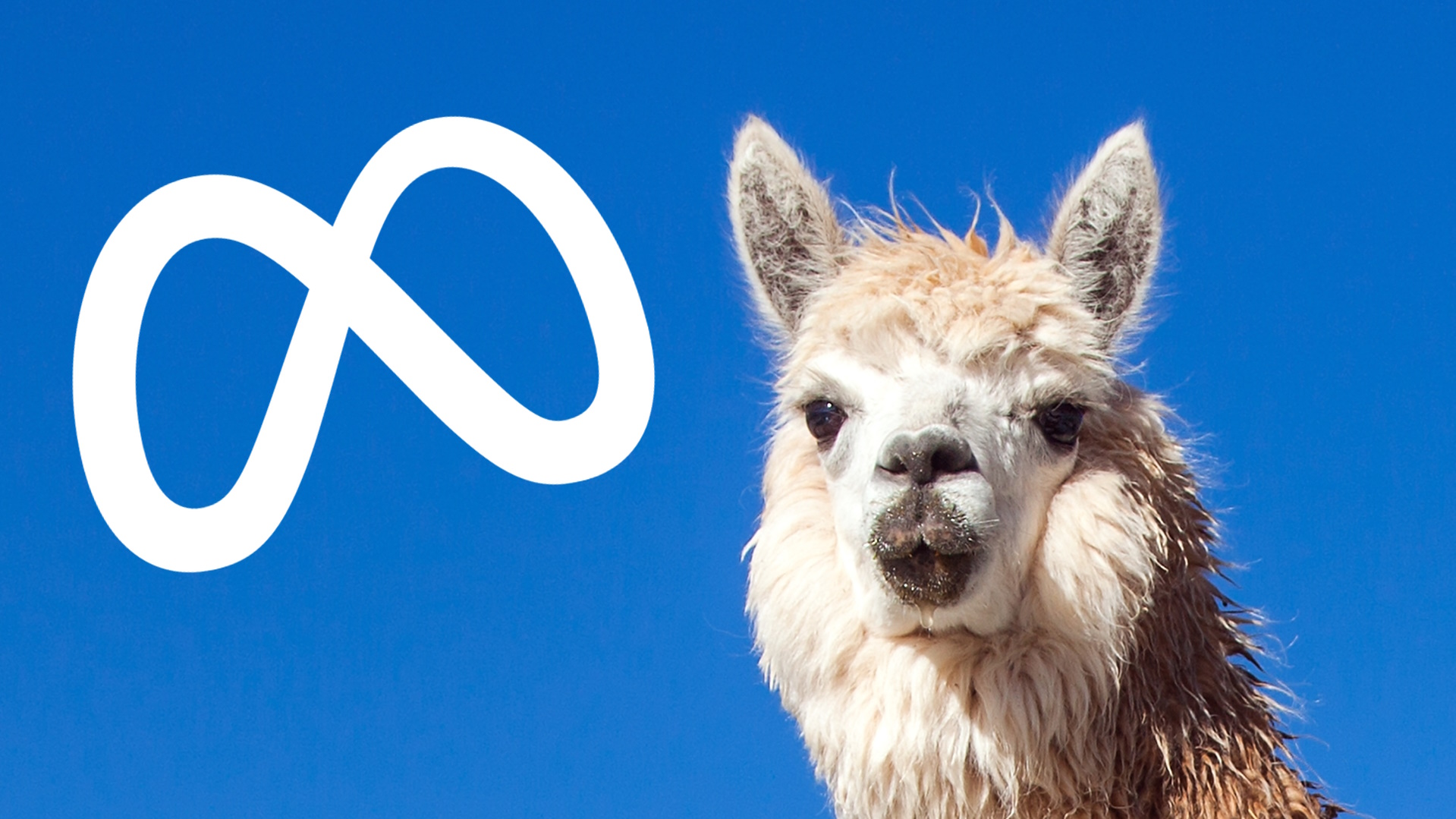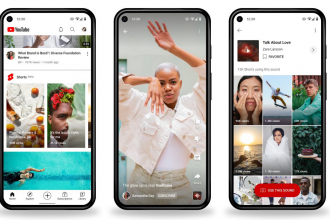Meta’s LLaMA 2: An Open-Source AI Model for Everyone
Meta, formerly known as Facebook, is embracing open-source AI with the launch of LLaMA 2, their first large language model available to all for free.
With this move, Meta aims to catch up with competitors like OpenAI, which made a significant impact with its AI chatbot, ChatGPT.
The suite of AI models includes various sizes of LLaMA 2 and a chatbot version similar to ChatGPT. Users can access the model through launch partners like Microsoft Azure, Amazon Web Services, and Hugging Face. By providing open-source AI models, Meta offers the AI community diverse options for their specific applications, whether through closed-source or open-source approaches.
While this is a significant moment for Meta, there are still some caveats. Meta has not disclosed the data set used to train LLaMA 2, raising concerns about copyrighted works or personal data being included. Additionally, like other large language models, LLaMA 2 may produce falsehoods and offensive language.
Despite its current performance gap compared to OpenAI’s GPT-4, LLaMA 2’s customizable and transparent nature offers advantages for companies aiming to create products and services more efficiently. The release of LLaMA 2 into the open-source community also allows Meta to learn important lessons in making their models safer, less biased, and more effective.
Meta’s move with LLaMA 2 poses a considerable threat to OpenAI, and experts believe that if LLaMA 2 becomes the leading open-source alternative, it would be a significant victory for Meta.
In conclusion, Meta’s foray into open-source AI with LLaMA 2 marks a major milestone. This powerful tool presents an opportunity for developers and companies to explore AI innovation and drive advancements in the field. As the AI community embraces this new frontier, NAAS Digital stands ready to help businesses harness the potential of LLaMA 2 and drive digital transformation with cutting-edge AI solutions.











